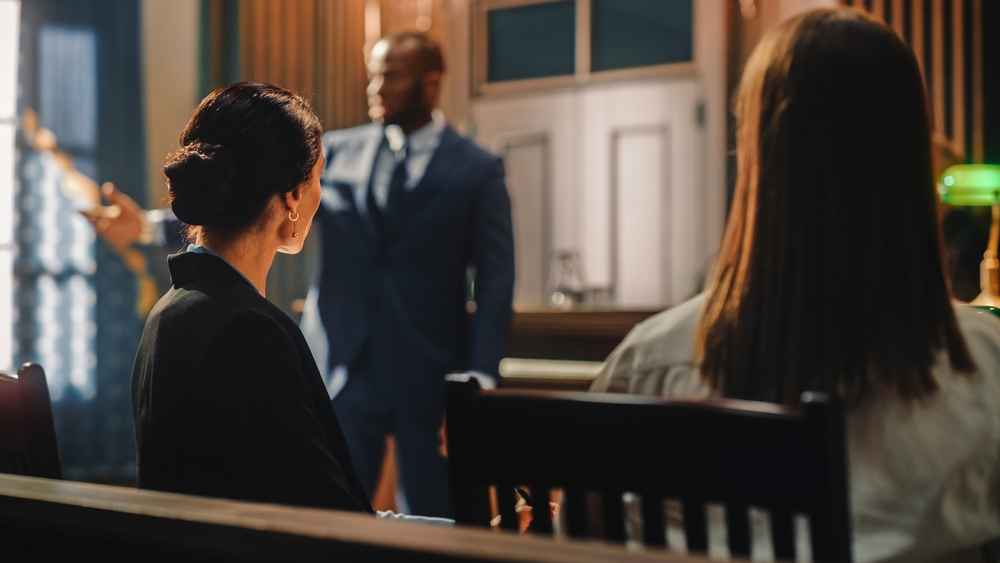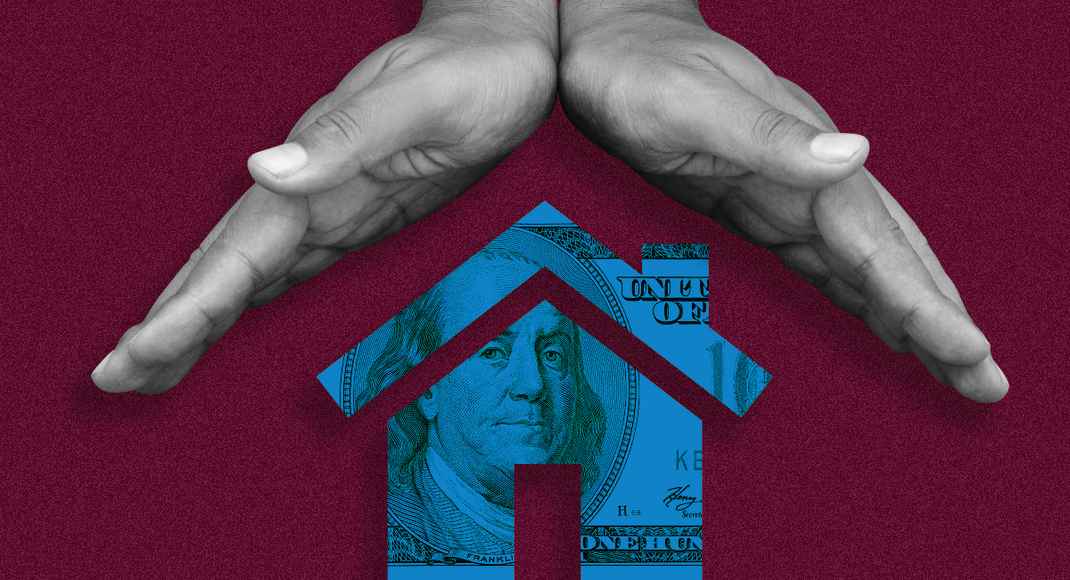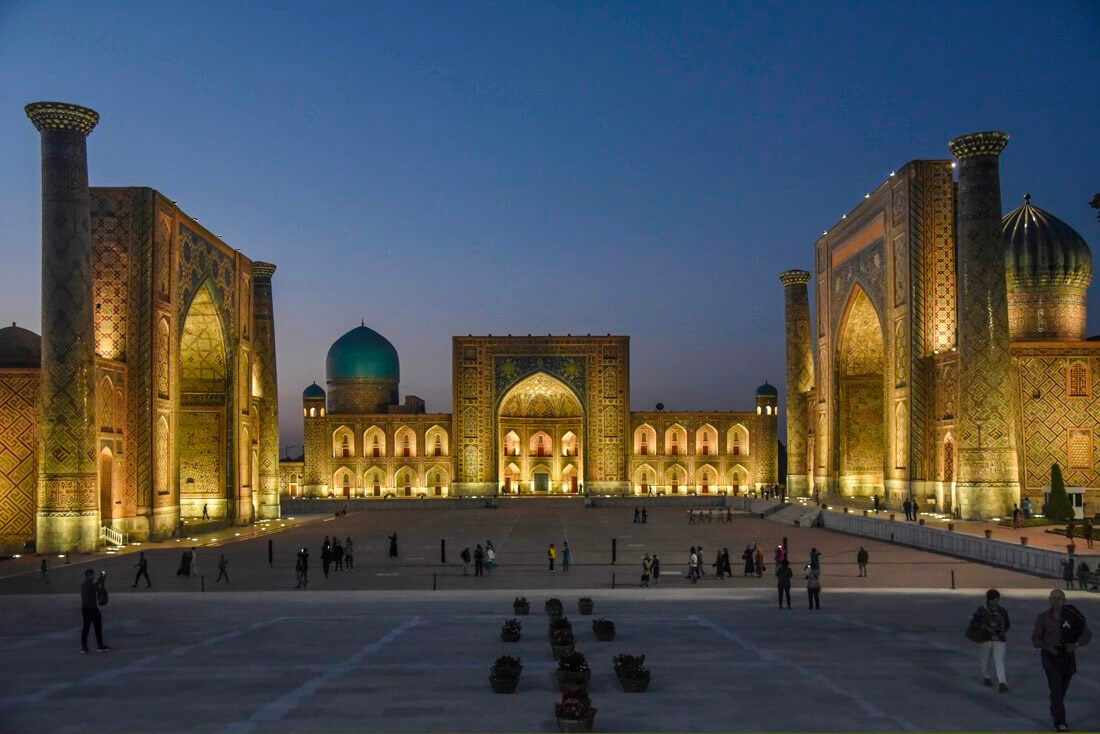Entrepreneur, inventor, advocate of "lean engineering," tells about himself, his successes and failures, "essential to moving forward."

It is not so easy to say what Sir James Dyson does for a living. Of course, saying inventor would not be wrong. But neither would he be wrong in saying entrepreneur or designer, "just don't call me a business man: I'm not the industrialist who accumulates money, but if anything, I'm a person who is committed to building something."
Determined, with a warrior spirit, English, born in 1947, he is world-famous for his futuristically shaped vacuum cleaners (the first not to have that obnoxious bag), although now it is the Supersonic hair dryer and the Airwrap styler, capable of making perfect creases, that are going gangbusters, objects of desire for any girl after the age of 14.
Recently, in his book Invention (Rizzoli, 396 pages), he told the story of his life, his successes and also his failures, the importance of which he is keen to emphasize: "One learns more - and in a visceral way - by continually experimenting and failing: failure pushes one to examine and overcome."
We meet him in Paris, at the Palais de Tokyo, the largest center for contemporary art in Europe: they invited him because his inventions, which are also meant to beat out competitors for technical-functional performance, have now risen to pieces of art, engineering sculptures with a hi-tech core and a creative allure.
"Given that everyone has their own vision, for me design is technology + engineering + ergonomics + quality + pleasantness of use + beauty. And today I would also add sustainability. For me, design is all these things together."
"I used to think that experience was important, but now I think experience is actually a cage, an inhibition that is hard to escape from. Today the world changes so rapidly that being free of experience can be, unexpectedly, an advantage. Rather than following steps I would say to go against the current, to start from a different point than where others have started. If one wants to be a pioneer, one must venture into the unknown. Stay young!"
"So many things have inspired me: I think of the Mini and its innovative design, I think of the self-levelling suspension of Citroën's Ds or the shapes of Concorde, the first supersonic commercial passenger plane, with its delta wings and needle-shaped nose. But no, I never had a philosopher whose thoughts I espoused even though I could say that philosophy accompanies me to work every day. And if I had to point to one book that has guided me, I guess I would say the Bible, but, in general, I have an absolute passion for history books."
"For years we had been striving to make an electric car, and certainly it was a difficult decision to abandon the idea, but the conditions, compared to when we started studying it, have changed completely. We were ambitious, especially since we wanted to do everything ourselves. Too bad that, in the meantime, many automakers decided to jump into electric, and we would have come out on the market with a product that was not very competitive commercially. We all came out heartbroken, but it would have been foolishly risky to go ahead."
"Well, my three children! There's Emily the stylist, Jake who is a designer and works in the company, and Sam who is a musician. Or maybe you were talking about products? So in that case, I would say the vacuum cleaner, the vacuum cleaner with cyclonic technology."
"Well, I would never call myself a farmer, I cannot say that I have agriculture in my blood, however, it is true that today I have more than fourteen thousand hectares of farmland and we grow strawberries and peas there. I have been studying for ten years, and now we are on the market with good strawberries that grow in a healthy way-I like to think that I am offering food that respects nature and tastes good. Unfortunately, many people don't know much about what they eat...."
"A good idea could not be called a good idea until after it has passed all the tests. It is always a process, going through experiments. Only at the end can you tell if it is a good idea, if it works, and if people buy it. An invention might be ingenious, but unsuitable or irrelevant for its intended market."
 What is P R bond?
27/11/2023
What is P R bond?
27/11/2023
 What is Compulsory Convertible Debentures?
27/11/2023
What is Compulsory Convertible Debentures?
27/11/2023
 Dynamics of Central Asian Economies
17/11/2023
Dynamics of Central Asian Economies
17/11/2023